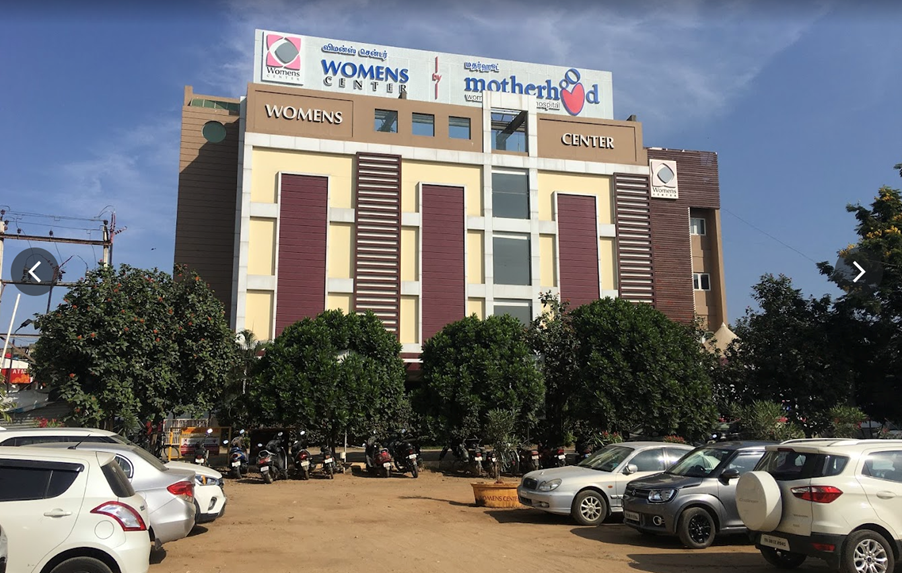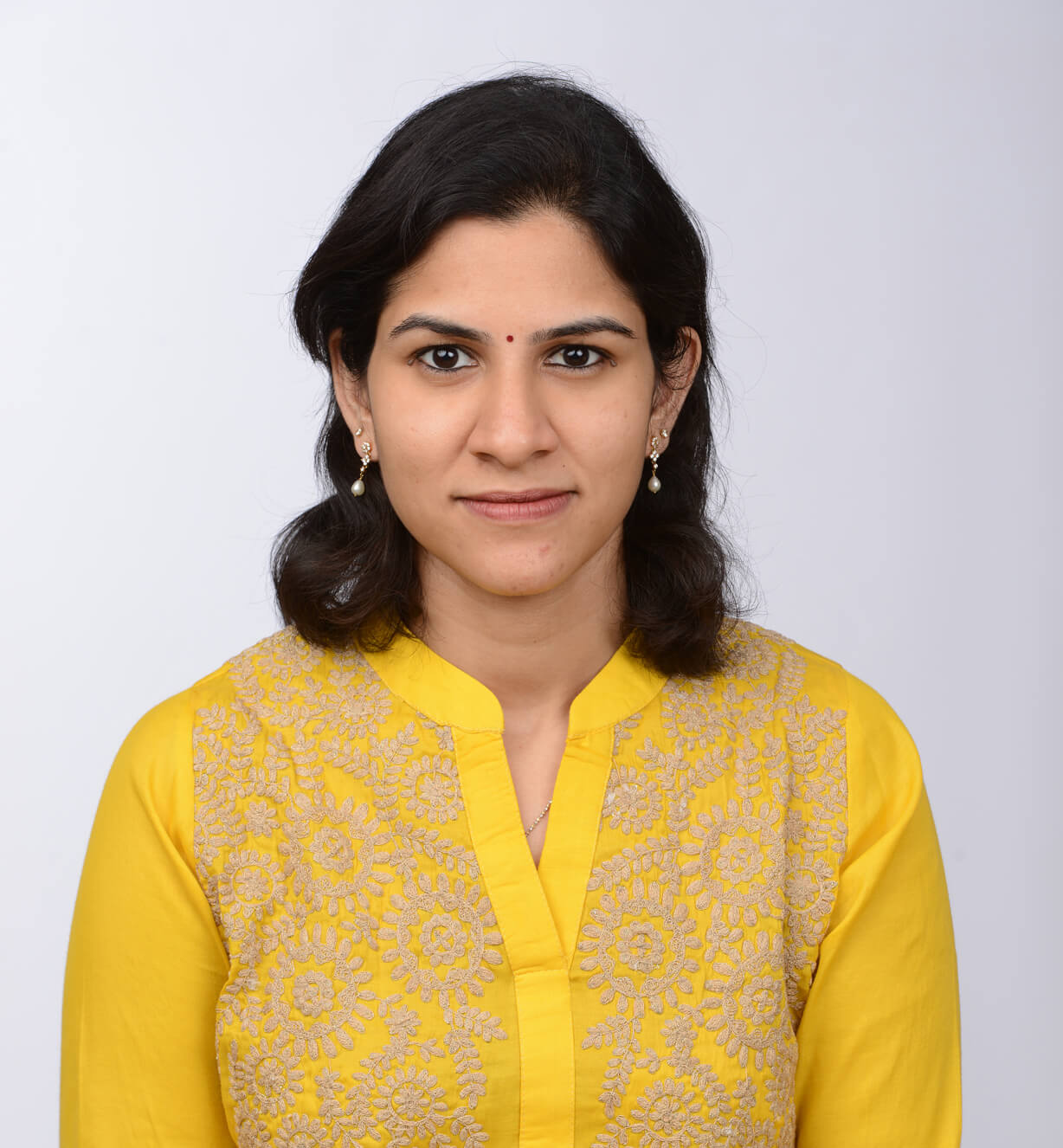Memphasys’ Felix™️ Device: a game changer in sperm separation with 11 successful births in India
Location: The Coimbatore Women’s Hospital Centre
Clinician: Dr Ramya Jayram
The Felix™️ Device application: September 2023
Number of live births: 11
Felix™️ Device benefits:
• Created in partnership with a global leader in reproductive biology, Professor John Aitken from the University of Newcastle, Australia.
• The Felix™ System features a user-friendly, automated device that separates sperm from raw semen by a process combining electrophoresis and size exclusion membranes.
That’s where the Felix™ Device comes in. Developed by Australian reproductive biotechnology company, Memphasys Limited (ASX: MEM), Felix is an automated device, comprising a console and single-use cartridges designed for sperm preparation in human IVF procedures. The device delicately separates sperm from a semen sample in just
six minutes, using electrophoresis and size exclusion membranes, all while preserving the integrity of sperm DNA.
“Historically, with patients who have a very high sperm DNA fragmentation, we would opt for DGC or a more invasive method to retrieve better quality sperm for our cycle counts. However, we began using the Felix™ Device in 2022 as a more efficient sperm separation alternative”.
Presentation
Dr Ramya Jayram explained both the study numbers and challenges. “We enrolled 33 couples in this study. All of them came to the clinic with a history of infertility. Further
detail from the demographic revealed that there was a significant incidence of high DNA fragmentation. Indeed, we found that of all the samples the lowest DNA fragmentation
was around 20% and the highest at around 80%. There was also a high incidence of miscarriages or multiple implantation failure of previous failed IVF cycles. This was a tough demographic for the Felix™ Device study”.


Background
One in 15 Indian couples struggle with infertility with the figure standing at 1 in 6 in Australia. IVF then becomes a viable option, with 1 in 20 Australian couples opting for the
procedure. Even so, with sperm deterioration over time, the IVF process has become increasingly more difficult.
Dr Ramya Jayram, a Consultant in reproductive Medicine and Endo-Gynaecological Surgery, is based at the Women’s Centre by Motherhood Hospital in Coimbatore, in Southern India. “The Motherhood Hospital has become the best Pregnancy Hospital in Coimbatore, providing attentive and compassionate care to women, aspiring mothers and children since 2010”.
Outcomes
The study, involving the use of the Felix™ Device, included 33 couples. This led to a total of 40 frozen embryo transfers, resulting in a clinical pregnancy rate of 47.5%. Out of these pregnancies, there were 11 live births, corresponding to a live birth rate of 27.5%.
Dr Ramya Jayram added that “The use of the Felix Device enabled the patients to undertake this gentle treatment without needing to resort to invasive procedures such as surgical sperm retrieval. We also found that based on the previous samples the motility from the Felix™ Device was so much better and we found that the quality of sperm that we used for ICSI was much better compared to the previously assisted method using the DGC.”
“So, out of the 33 ovarian stimulations, we completed 40 embryo transfers – some of them were single embryo transfers and some were double embryo transfers. We found that pregnancy rates were as good if not better with sperm separated from the Felix™ Device.”
“Finally,” added Dr Ramya “My embryologists were very happy, but ultimately, as a clinician, I’m happy when my patient succeeds with a
pregnancy – particularly coming from such a tough demography.”
Specifically, Dr Ramya focused on one particular success story. “We all know that studies show that as male age increases, the DNA fragmentation also increases. Within the
study, we had our highest DNA fragmentation at 80% and this was in a male who was 42 years old – that was a big thing for us.”
The final research paper, titled “Inaugural Successful Live Birth Following ICSI with Spermatozoa Isolated via Electrophoresis Using the Felix™ System”, was delivered by Dr. Jayram during the Asia Pacific Initiative on Reproduction Congress (ASPIRE 2023) in Adelaide on September 9, 2023.

